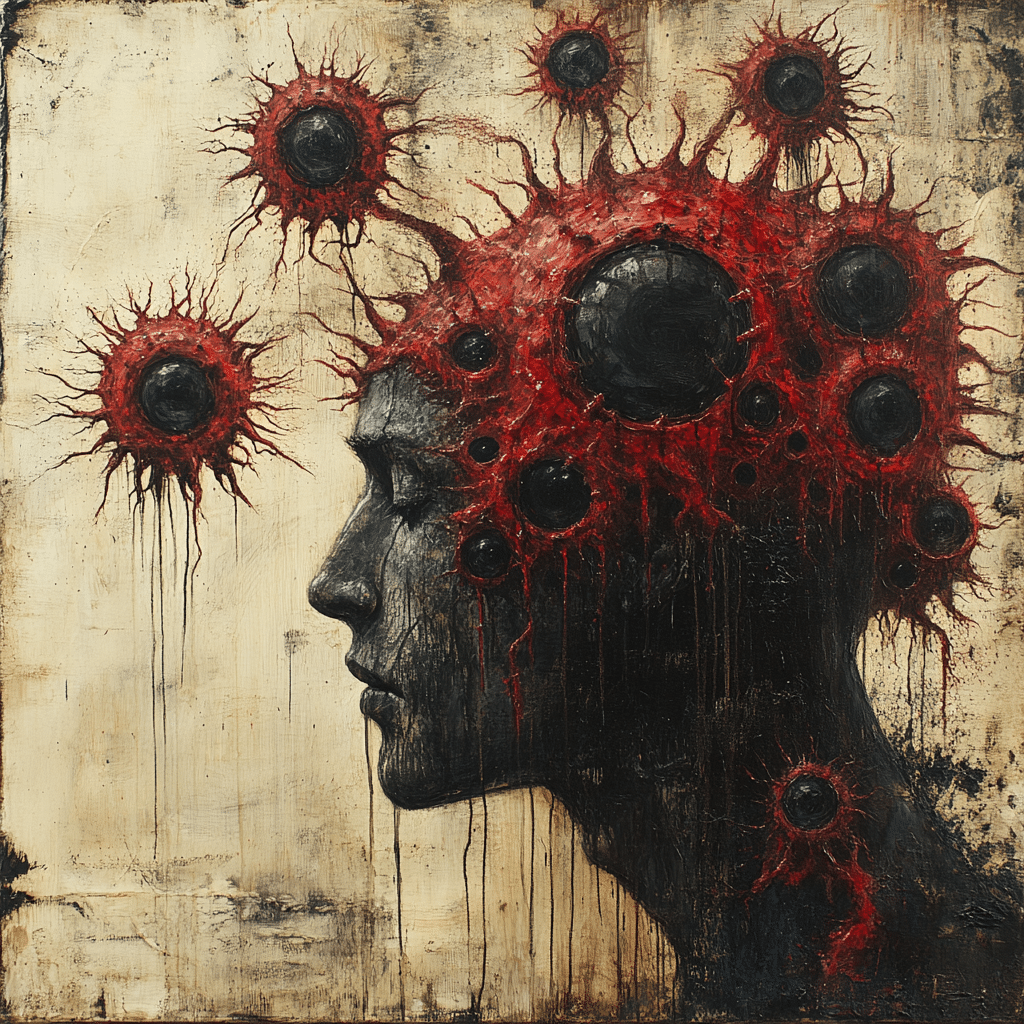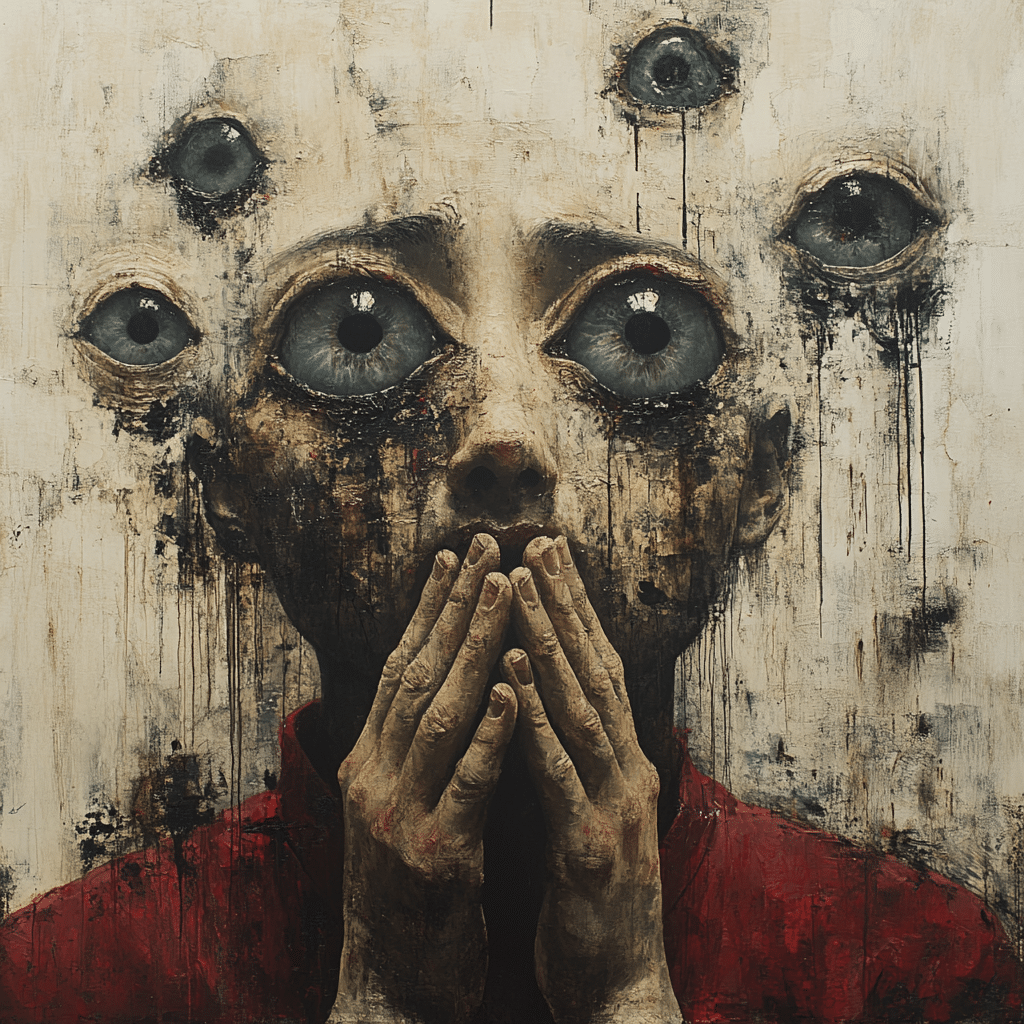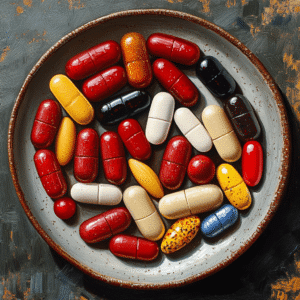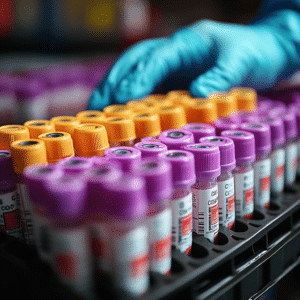
Understanding Disorders: Shaping Lives and Perspectives
Disorders can turn lives upside down, impacting not just those who live with them but also their families and friends. These psychological conditions—ranging from anxiety to severe issues like schizophrenia—invite us to foster greater empathy and understanding. Parents of children battling addiction often feel overwhelmed, grappling with not just the pain of their child’s struggles but also the stigmas surrounding mental health issues. The reality is that many people harbor misconceptions about disorders, making it crucial for us to shine a light on their real effects.
Addiction is a profound issue intertwined with many psychological disorders. When a child faces addiction, parents often feel isolated, confused, or even ashamed. Mothers Against Addiction steps in to envelop these parents in a community filled with compassion, showing them they’re not alone. Sharing heartfelt stories and resources can break down barriers and help them navigate this challenging terrain alongside their children.
Understanding disorders through the lens of lived experiences enables all of us to break down barriers. The journey isn’t easy, but it’s achievable with understanding and support. By fostering awareness, we encourage open conversations, moving beyond fear and isolation toward healing and resilience.

The Spectrum of Psychological Disorders: An Overview
Psychological disorders encompass a broad range of conditions that affect individuals’ emotional and psychological well-being. These disorders manifest in various ways, influencing the daily lives of those living with them. Whether it’s anxiety, depression, or something more pressing like schizophrenia, understanding this spectrum is essential in cultivating empathy and awareness in society.
Each disorder comes with its own challenges, yet through education, we can change the conversation around them. Many parents of children facing such issues carry silent burdens, unsure of where to turn for help. By promoting knowledge and empathy, Mothers Against Addiction works to erase stigma and encourage supportive networks, helping families feel less alone.
Our comprehension of these disorders shapes how we interact with and support individuals affected by them. With increased awareness comes compassion, fostering a more inclusive society that acknowledges the struggles faced by those with psychological disorders.
Top 7 Psychological Disorders That Transform Lives
Affecting approximately 1% of the global population, schizophrenia is a serious disorder that can change how individuals perceive reality. Those with the disorder may experience hallucinations or delusions, significantly impacting their interactions with the world around them.
About 2.8% of U.S. adults are affected by this mood disorder, which features extreme mood swings ranging from mania to depression. Public figures like Carrie Fisher have openly discussed their experiences, helping to redefine societal perceptions around bipolar disorder and its complexities.
Impacting around 1.2% of adults, OCD often disrupts daily routines and responsibilities. Celebrities like Justin Timberlake have shared their struggles with this disorder, opening doors for understanding and conversation.
MDD affects around 7% of Americans and can severely impact a person’s self-esteem and quality of life. Selena Gomez’s public discussions about her battles with depression serve to reshape the narrative surrounding mental health, encouraging openness and support.
PTSD is common among veterans and survivors of trauma. This disorder can fundamentally alter personal identity and influence societal perceptions of mental health and recovery.
Diagnosed in about 5% of children, ADHD can continue into adulthood. Notable people, like Olympic swimmer Michael Phelps, show that ADHD can coexist with remarkable achievement, fostering new perspectives around the disorder.
Approximately 7% of the population grapples with this disorder, which changes how individuals approach social interaction. Adele’s experiences have spotlighted the importance of understanding this disorder, promoting acceptance and conversation.
The Impact of Perceptions of Psychological Disorders
Society’s lens greatly influences how individuals experience their disorders. Stigma can lead to isolation and discrimination, making recovery feel even more challenging. Unfortunately, many parents of children struggling with addiction mistakenly feel that their child’s disorder is a personal failing, not realizing the bigger picture.
When celebrities and activists share their stories, they can facilitate much-needed dialogues, challenging harmful narratives. As awareness spreads, so do opportunities for understanding, support, and empathy. Through everything, Mothers Against Addiction stands firm, providing resources for parents and advocates alike to help those who may feel trapped in stigma’s confines.
Addressing perceptions can encourage open discussions within families. When conversations about disorders occur, barriers begin to fall, and healing can manifest in both parents and children.
The Role of Disability in Understanding Disorders
Understanding that several psychological disorders can also be classified as disabilities opens the door to critical discussions about rights and support. Organizations such as the National Alliance on Mental Illness (NAMI) help disseminate valuable information about navigating the system for those affected by these disorders.
When parents recognize that their children’s conditions qualify for support services, the burden they feel often lightens. This awareness provides a framework for securing necessary resources, fostering a sense of community.
Working together, we can advocate for a better understanding of the intersection between disability and these psychological challenges. Mothers Against Addiction is here to ensure parents aren’t just fighting alone but have access to a wealth of support.
Personal Stories of Transformation and Resilience
Personal narratives often offer deeper insights into living with psychological disorders. For instance, Brandon Marshall’s story as a successful NFL player living with borderline personality disorder showcases that with support, love, and understanding, individuals can thrive.
In sharing these stories, we can highlight the resilience found within struggle. Parents witnessing their children battling disorders can find hope through the success of others. It’s essential to understand that every journey is unique; yet, there is strength in vulnerability, and it can empower those in similar situations.
Recognition and sharing of these personal accounts encourage a culture of openness. When families see their stories represented, it can offer comfort, showing them they’re part of something larger.
Advancements in Research and Treatment of Psychological Disorders
Recent research has shown promise in addressing psychological disorders through innovative treatments. Cognitive-behavioral therapy, mindfulness techniques, and emerging medications pave the way for individuals managing their conditions more effectively.
By remaining informed about breakthroughs, parents can advocate for their children’s needs and empower them to reclaim control over their lives. Resources from Mothers Against Addiction can direct parents toward the latest findings, ensuring they’re equipped with the knowledge necessary for positive action.
As the landscape of psychological disorders evolves, so do approaches for treatment and understanding. Celebrating advancements encourages hope and resilience—not only for those afflicted but for their families as well.
Empowering Change Through Understanding
Shifting the narrative around psychological disorders to one of empathy and education is vital for progress. By illuminating struggles and successes, we break the silence and foster a culture where understanding flourishes.
Awareness and advocacy tear down the rigid walls of misunderstanding that have long affected those living with disorders. As parents of children grappling with addiction, you have the power to transform the conversation surrounding these issues, creating spaces for support and healing.
Through personal stories and collective action, we can champion narratives that inspire change. Everyone deserves a chance—let’s collaborate to cultivate hope, ensure understanding, and empower voices across communities. Stand with us at Mothers Against Addiction as we celebrate resilience and work toward a future where every story matters.
Exploring Disorders: Trivia and Insights
Unraveling the Intricacies of Disorders
Disorders can be downright transformative, often altering lives in ways we can hardly imagine. One particularly fascinating aspect of disorders is how they thread into our culture and folklore. For instance, take Kuchisake Onna, a ghostly figure from Japanese urban legends. Many believe her story reflects societal fears around appearances and mental health, reminding us how popular tales shape our understanding of psychological disorders. Speaking of urban legends, did you know that Halloween trivia can reveal just how deeply ingrained fears and phobias are in various cultures? These legends remind us that the boundaries of disorders are often blurred, influenced by cultural storytelling.
Changing Perceptions: Facts You Should Know
Next up, let’s talk about how society perceives disorders, especially in the context of modern treatments. A significant player in this area is the cannabis plant, which has sparked conversations about alternative therapies. The notion of using cannabis as a remedy for certain mental health disorders can shift perceptions considerably. Moreover, emerging treatments like Liquid Adderall challenge the notion of one-size-fits-all solutions. These developments highlight how assumptions can shape opinions around what constitutes effective help.
The Unexpected Connections
Lastly, it’s crucial to understand the broader impact of disorders on individuals and families, especially when seeking support. Platforms like Socialsecurity.gov setup can provide essential resources for those grappling with these challenges. They help to bridge the gap between needs and available assistance. Additionally, who would’ve thought that an up-and-coming genre in music, a.k.a. the inhaler band, could touch on themes related to addiction and recovery? Such cultural phenomena can help increase visibility for disorders and foster understanding.
So there you have it! By digging into fun trivia and compelling facts, we can better appreciate the wide-ranging effects of disorders. As we all know, knowledge is power, and understanding these challenges might just be the first step in transforming lives.





























